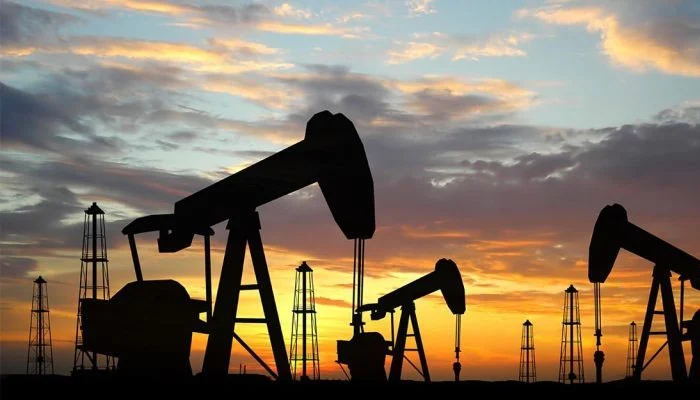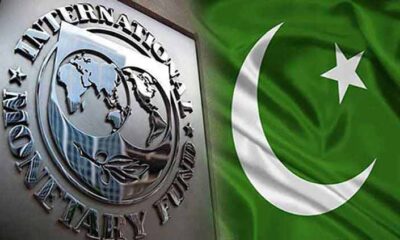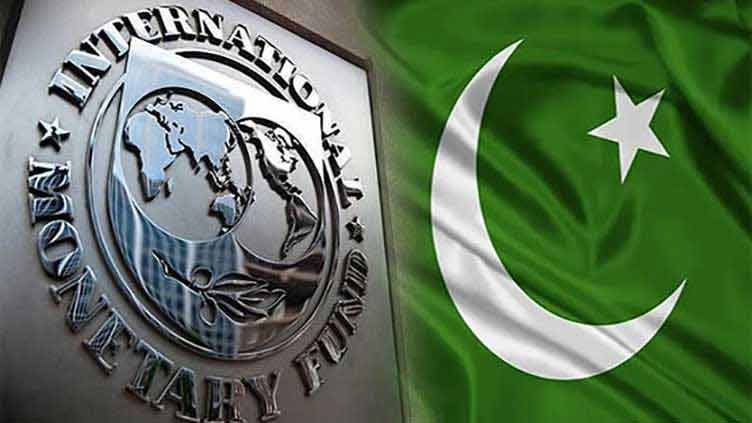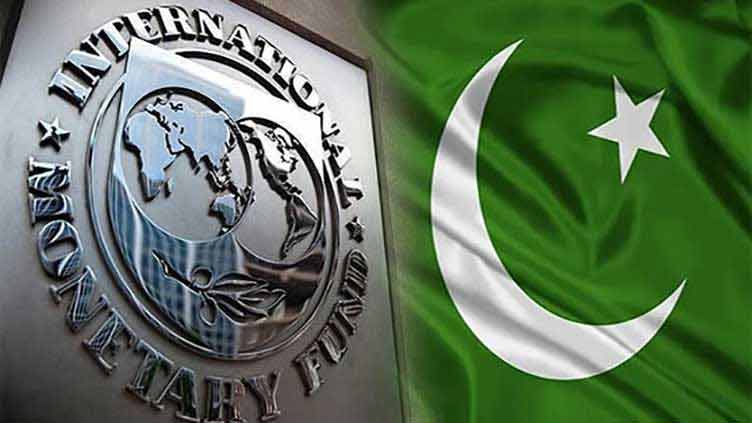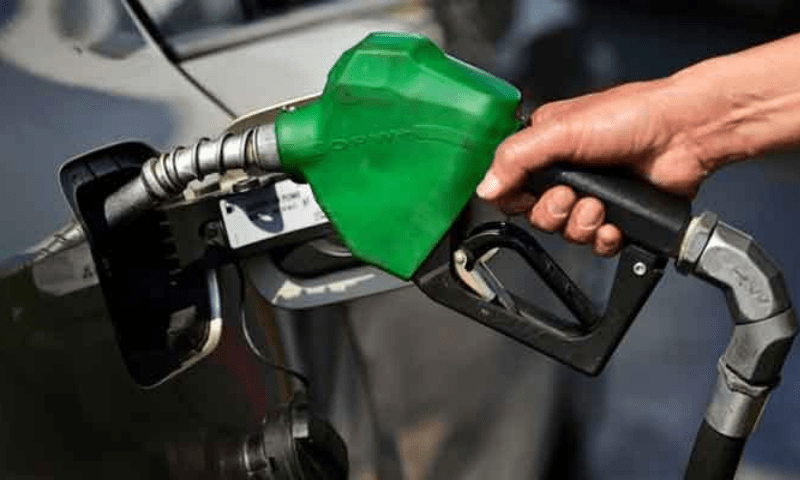Business
Pakistan, Saudi Arabia to ink $1bn oil sector agreement
-

 Latest News1 day ago
Latest News1 day agoPM Shehbaz will meet with Saudi ministers and speak at the WEF special session today.
-

 Latest News1 day ago
Latest News1 day agoIn KP rain-related incidents, ten people died.
-

 Latest News1 day ago
Latest News1 day agoPunjab takes action against factories that generate smoke.
-

 Latest News1 day ago
Latest News1 day agoThe green colour of WhatsApp ‘angers’ some users.
-

 Latest News1 day ago
Latest News1 day agoThe nomination of Ishaq Dar as deputy prime minister raises concerns.
-

 Latest News1 day ago
Latest News1 day agoAudio leaks case: FIA, PTA, and PEMRA pleas seeking Justice Sattar’s recusal dismissed
-

 Business1 day ago
Business1 day agoOver 500 points are lost by PSX stocks during intraday trading.
-

 Business1 day ago
Business1 day agoDespite global tides, Pakistan’s economy is recovering, according to Governor SBP

